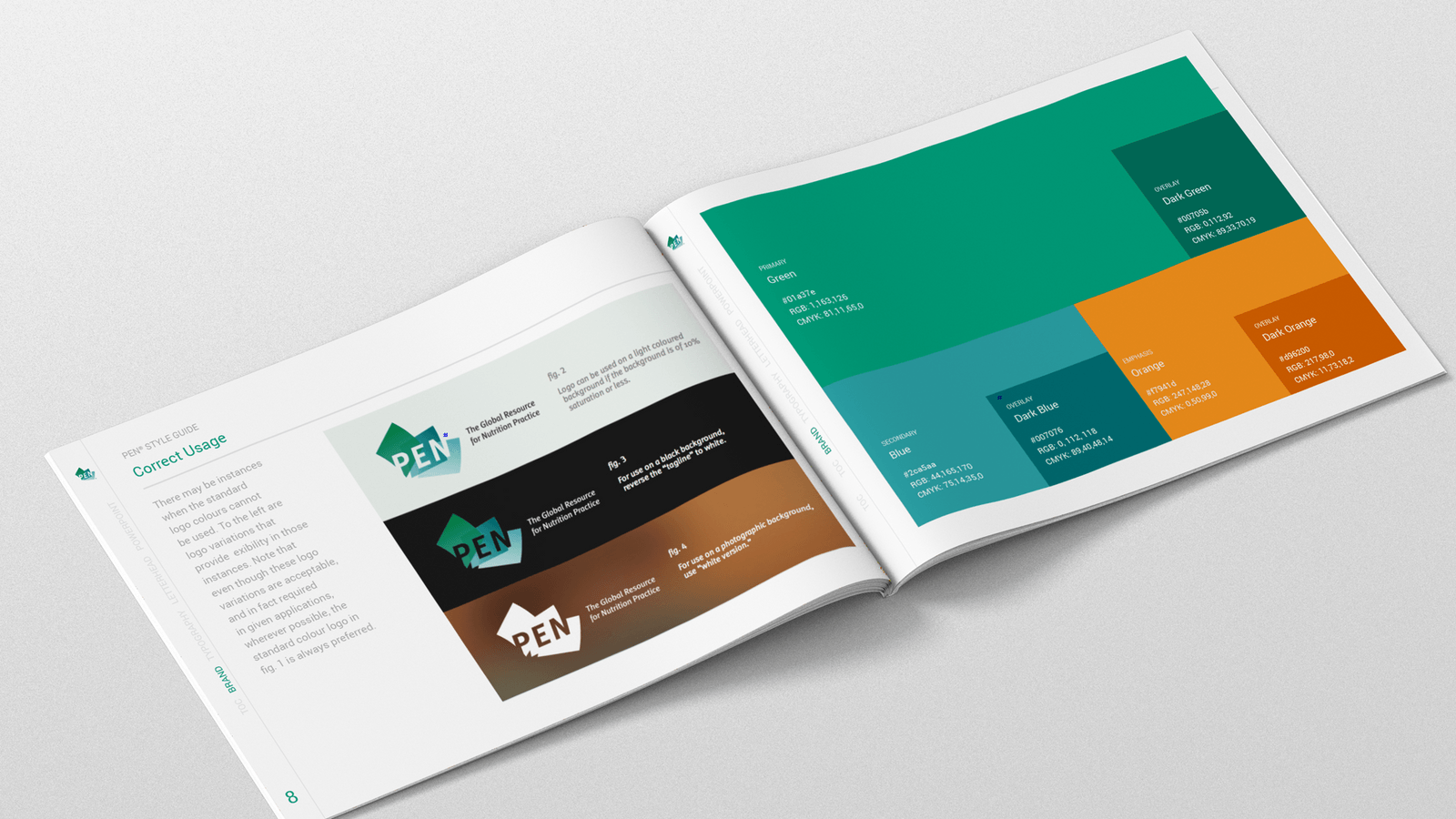
In 2012, Practice-based Evidence in Nutrition (PEN) was a small Canadian database providing evidence-based answers to dietitians and nutritionists. The goal was to expand it into a global platform. This required a major overhaul: the infrastructure had to be rebuilt to support thousands of users worldwide, display localized content, and integrate with various membership and payment systems. An advanced administration system and full branding and UI/UX redesign were developed to reflect its international reach, simplifying the interface and enabling multilingual support in English, French, Spanish, and Japanese.
To manage the multi-year project across partners in Canada, the U.K., and Australia, we helped establish a Global Governance framework, holding quarterly virtual meetings and annual in-person sessions. The infrastructure was migrated from a local data centre to Amazon AWS, with a secondary cloud site for disaster recovery. We also collaborated with government agencies in multiple jurisdictions to ensure compliance with their security and data standards.


With content expanding rapidly and thousands of users accessing the platform simultaneously worldwide, the system required a complete overhaul. We restructured both the front and back ends, implementing staged updates and extensive testing to maintain stability and ensure zero disruption for users. The system was also upgraded to the latest technologies, strengthening security as PEN gained global recognition and became a target for potential threats.
As the international user base grew, it became clear that a redesigned UI/UX was essential. Interfaces intuitive to Western audiences proved less accessible for users from other cultures, prompting a user-centered redesign informed by global feedback. Additionally, analytics revealed access from a wide spectrum of devices—from the latest smartphones and tablets in developed regions to older hardware in developing countries—requiring a design that remained functional and efficient across all technologies.


To improve performance for users in regions with slower internet connections, we implemented Amazon CloudFront, enabling localized delivery of information and specialized content. With content now being created and updated by editors across Canada, the U.K., and Australia, we also developed a custom content management and approval system. This workflow allows new or revised material to pass through peer review before publication, ensuring accuracy and consistency. Content can be tagged as local, regional, or global, accommodating variations in laws and dietary guidance across jurisdictions.
We plan to engage more global partners; inviting more national dietetic associations, universities and dietitians from around the world to join the PEN® community. In this way, we ensure the sustainability of the service while providing a platform for dietitians to collaborate with colleagues around the world.
We began by developing a new global brand identity with a clear, accessible colour palette optimized for all screens, including older devices. The layout was designed to accommodate multiple languages, and imagery was carefully selected for cultural inclusivity. Key functions, such as search, were streamlined and enhanced, while social features were introduced to enable knowledge sharing among users worldwide. The interface supports multiple languages—with capacity for future expansion—and menu designs were adapted to handle longer or more complex translations beyond standard tabbed layouts.
Given PEN’s role as a mission-critical global system, we provide ongoing technical support and maintenance under a Service Level Agreement guaranteeing an 8-hour response for standard tickets and a 2-hour response for high-priority issues. In addition, we perform an annual disaster recovery test to ensure full failover capability in the event of a system outage.
